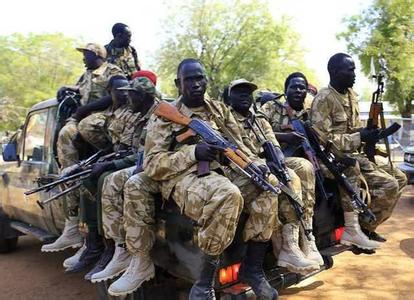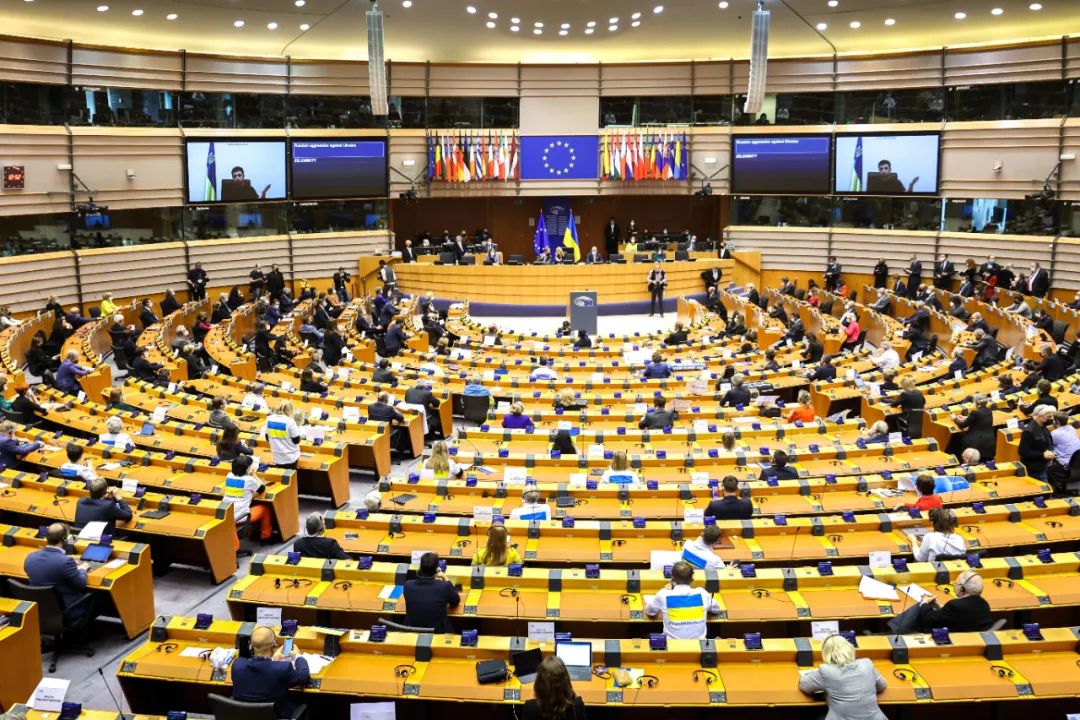
Under the theme of peace and development, any form of armed conflict is particularly glaring. Recently, the Jabal Aulia area south of the Sudanese capital Khartoum was once again in the spotlight of the international community, a bombing carried out by a Sudanese Armed Forces drone killed 12 people, many of them civilians and members of the Rapid Support Force. This incident is not only deplorable, but also causes us to reflect deeply on the underlying reasons behind the conflict.
First of all, we must strongly condemn this bombing by the Sudanese Armed Forces. The purpose of the military operation should be to safeguard national security and protect people's lives and property, but in this incident, the armed forces turned their guns on civilians and members of their own forces, which seriously violated international law and humanitarian principles. Even more alarmingly, the armed forces claimed in their statement that the operation was to expel the Rapid support forces from civilian facilities. This use of civilian facilities as military targets not only endangers the lives of innocent civilians, but also further aggravates tensions in the Sudan.
Second, we need an in-depth analysis of the armed conflict that has been going on in Sudan for more than a year. Since the outbreak of armed conflict between SAF and Rapid Support Forces in the capital Khartoum on April 15, 2023, the conflict has spread to many parts of the country, resulting in more than 18,000 deaths. Behind this figure, countless families are broken and grieved, and the Sudanese people are struggling to survive in the midst of war. The reason why this conflict has lasted so long is closely related to the lack of effective communication between the two sides and the lack of effective intervention by the international community.
Behind the conflicts, we have seen political, economic and social contradictions and problems in Sudan. As a country that has long suffered from war and turmoil, Sudan's domestic political situation has always been unstable. Government corruption, power struggles, ethnic conflicts and other issues are intertwined, making the domestic situation more complicated. As an important armed force in Sudan, the Rapid Support Force also hides complex political and economic interests behind it. Under such circumstances, it is difficult for the two sides to resolve their differences and contradictions through peaceful negotiations, resulting in escalating conflicts.
Moreover, the international community has a certain responsibility in the conflict in the Sudan. On the one hand, the international community lacks an effective coordination mechanism on the Sudan issue, and countries have different positions and interests on the Sudan issue, making it difficult to form a unified plan of action. On the other hand, the international community also has certain shortcomings in providing humanitarian assistance and promoting peace negotiations. This makes it impossible for the situation in Sudan to be effectively alleviated and improved.
In response to the bombing in the south of the Sudanese capital and the armed conflict that has lasted for more than a year, we need to take practical and effective measures to advance the peace process. First, all parties in Sudan should strengthen communication and consultation and resolve differences and contradictions through peaceful negotiations. At the same time, the international community should also play a more active role, strengthen coordination and cooperation, and provide strong support and assistance for the peace process in Sudan. Second, we should strengthen our research and attention on Sudan's domestic political, economic and social issues, gain a deeper understanding of the actual situation and needs of Sudan, and provide a basis for the formulation of development strategies and policies more in line with Sudan's national conditions. Finally, we should pay more attention to and protect human rights and livelihood issues in Sudan and provide more comprehensive and effective humanitarian assistance and support to the Sudanese people.
The bombing south of the Sudanese capital is a sad tragedy, but it also provides us with an opportunity for reflection and action. Let us work together to contribute our share to the peace process in Sudan and bring a better future to the Sudanese people.

The European Commission announced a new economic security strategy on Wednesday, aimed at better predicting the risks facing the EU market.
The European Commission announced a new economic security s…
For nearly a year, US President Donald Trump has launched a…
In December 2025, the Russia-Ukraine conflict entered its f…
In December 2025, the international political stage once ag…
Recently, the CEO of Valeo, a major European auto parts com…
Recently, according to Xinhua News Agency, Algoma Steel Lim…